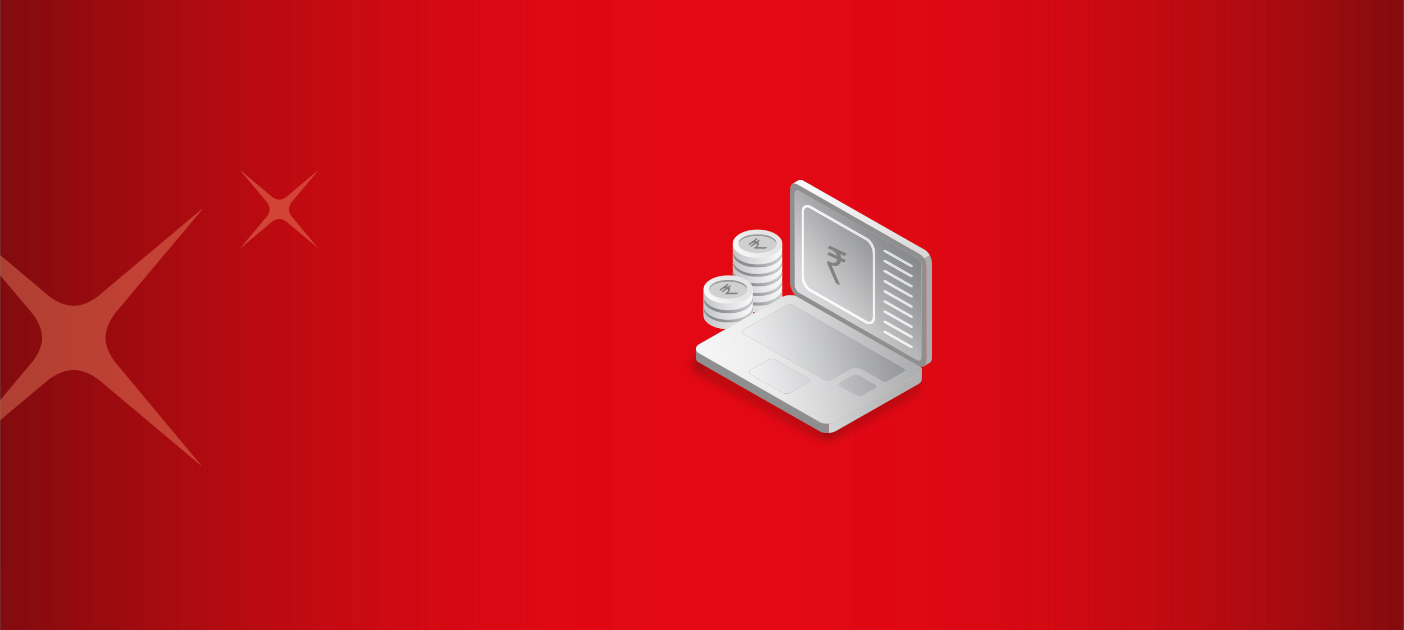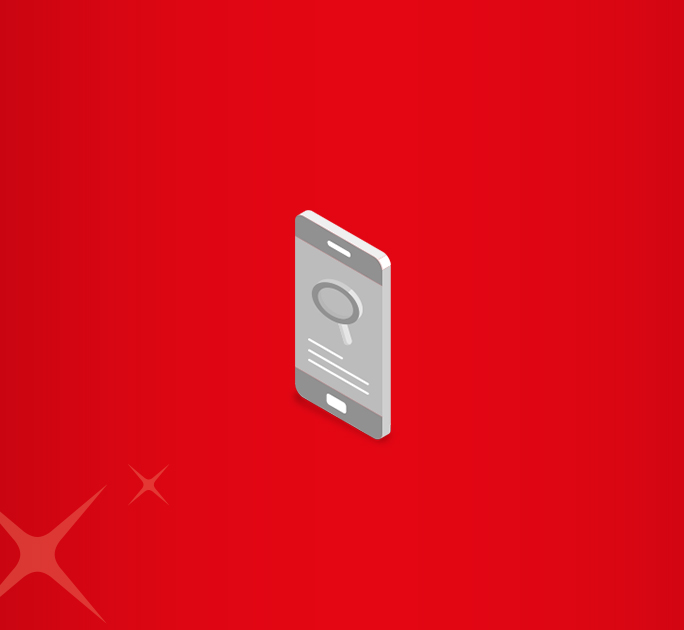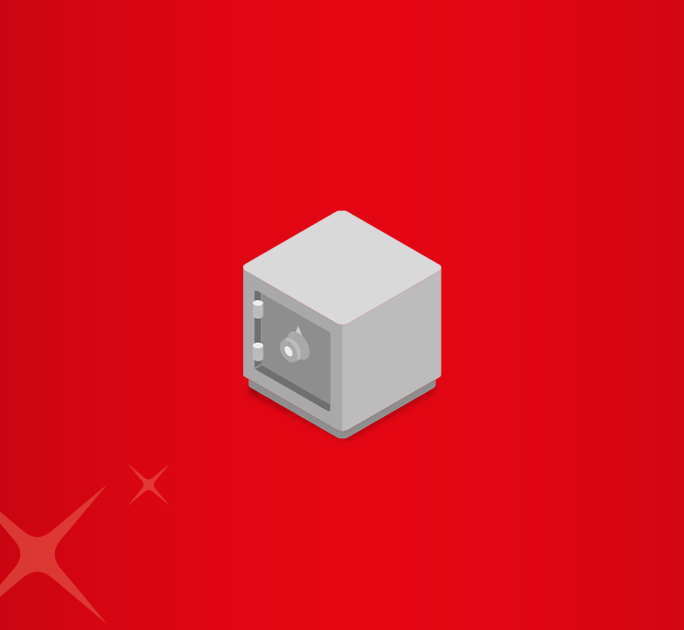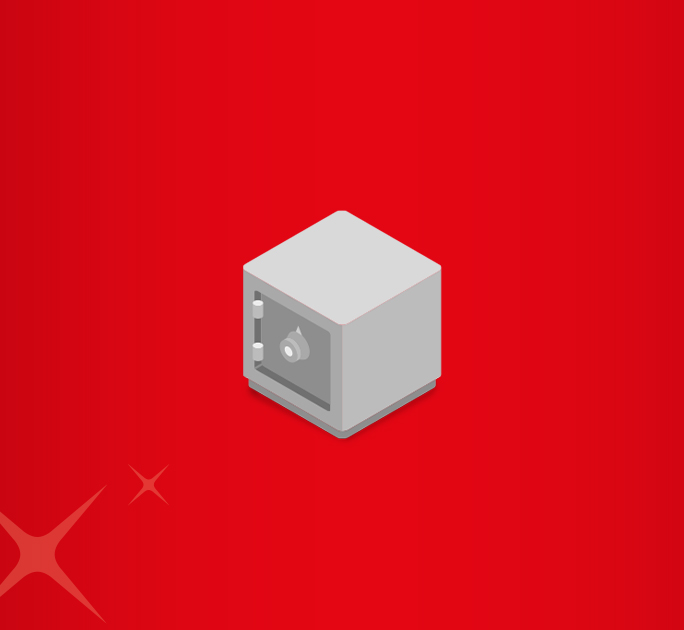- Save
- Invest
- Borrow
- Pay
- More
- NRI Banking

Discover What Banking Is All About
Banking: Overview and Operation
Key Takeaways
- Banking refers to a financial activity to manage and safeguard your hard-earned money
- Banks cater to all sorts of individuals, small businesses, and large corporations
- Banks offer financial management products, including various types of accounts and loans
- They offer convenient access to funds through services such as ATMs, debit cards, and credit cards
- Your bank also provides access to internet and mobile banking services
A fundamental aspect of leading a quality life is the management of finances. A bank is a financial instrument designed to assist you manage your money, so you may live free from financial uncertainty. Various financial services, such as investments and deposits, are provided by banks to facilitate the progressive accumulation of a corpus.
What Is Banking?
Banking suggests an activity whereby a licensed financial institution safeguards your money. It is possible to deposit your hard-earned money into Savings and Current Accounts, based on your financial needs. You may also generate attractive interest income by investing in interest-generating term deposits. Depending on the kind of account you open, banks also provide a large range of loans and overdraft capabilities. Upon becoming a bank customer, you have the option to access remote banking services online through mobile or net banking or visit your bank branch.
How Does Banking Work?
Banks accept deposits and lend money to customers, other individuals, and businesses. They earn money from the facilities they provide. Banks also offer several products and services to their retail and corporate customers.
Interest Rate
When you open a savings account or a term deposit, the bank pays you interest against your investment. While savings accounts generate meagre interest rates, you can earn higher interest rates by opening fixed and recurring deposits. Banks also offer loans and charge competitive interest rates to build their customer base.
Bank Cards
Banks offer complimentary ATM-cum-Debit Cards when you open an account with them. Some banks also provide credit card facilities, but the provision is subject to your relationship with the bank and the funds you maintain in your account. Banks typically charge a meagre annual fee for maintaining your ATM-cum-debit card, whereas you may get complete waivers or have to pay a nominal fee for credit card maintenance.
Additional Services
Additional Banking services include various insurance products (offered complimentarily with specific credit and debit cards), overdraft facilities, foreign exchange currency, and remote banking facilities. While banks levy competitive charges for most services, they offer free internet and mobile banking services.
Why Is Banking Necessary?
- Allows individuals, governments, and corporations to get the necessary financial support.
- Enables you to borrow funds at competitive interest rates.
- Allows borrowers to manage their cash flow.
- Empowers you to initiate instant money transfers and make payments remotely.
- Assists with high-value investments and transactions.
Final Note
The Reserve Bank of India controls all banking policies and financial activities implemented in India. Among other duties, the Reserve Bank of India (RBI) sets base interest rates, determines policies, and monitors financial transactions. After this, banks can set appropriate rates and profit from the several goods and services they offer. The concept is to guarantee fair trade policies for consumers and banks.
Looking for a smart mobile banking app? Explore a range of banking facilities with digibank by DBS. Download now to open your savings account and enjoy a seamless banking experience.
*Disclaimer: This article is intended for informational purposes only. We recommend conducting thorough research before making any decisions.











